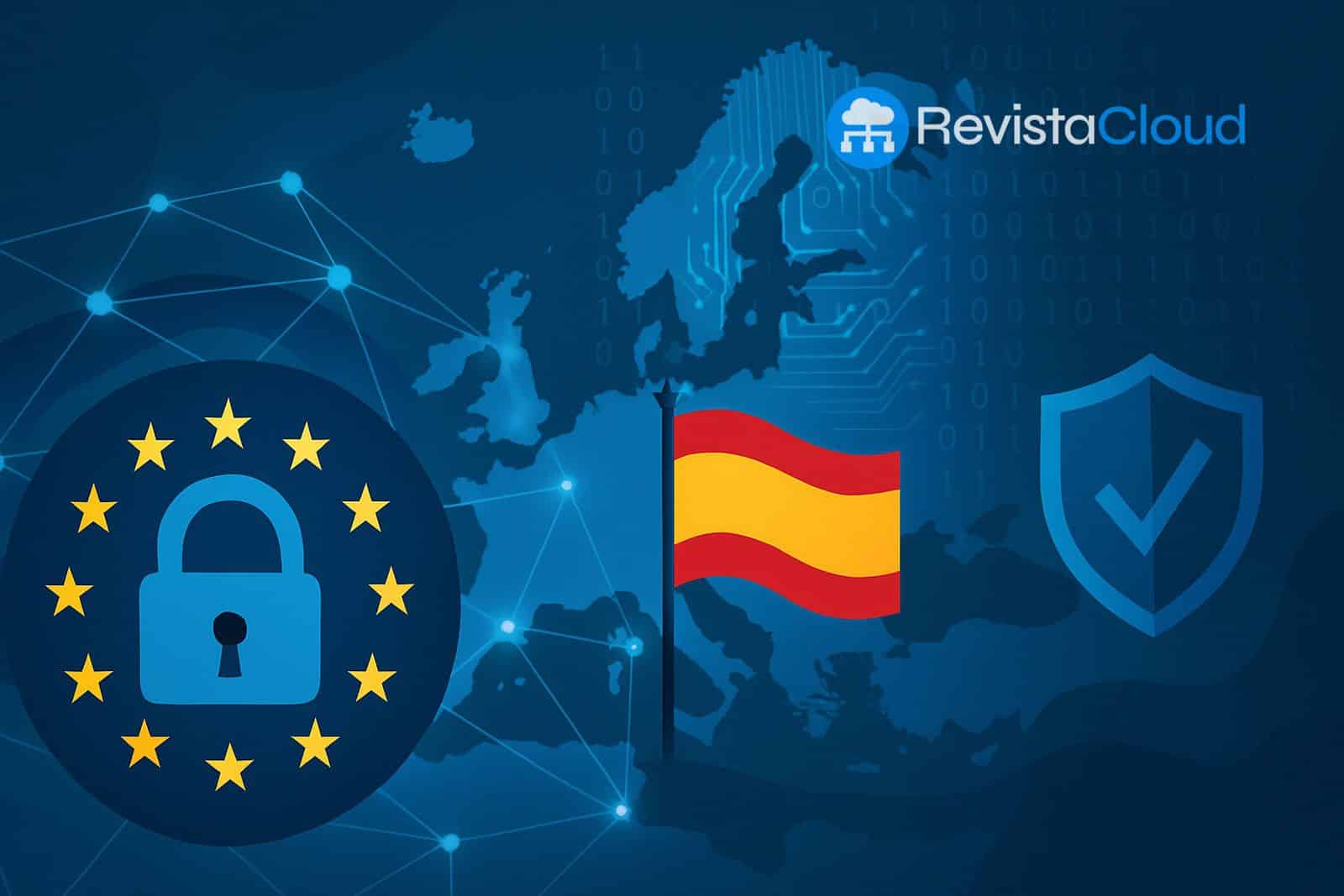Digital security is no longer an option; it is a structural obligation for the sovereignty of states. And Europe, including Spain, still has work ahead.
In a geopolitical context marked by international tensions, prolonged wars, economic instability, and a growing fragmentation of global supply chains, cybersecurity has become the backbone of business continuity and national resilience. In this scenario, Europe’s technological dependence on non-EU suppliers represents one of the main threats to its strategic autonomy.
From Opportunity to Technological Lag
For decades, Europe was a technological powerhouse in multiple key sectors: telecommunications, semiconductors, aerospace, and automotive. However, in the last decade, while the United States capitalized on the development of large digital platforms and China focused on the vertical control of its technology chain, Europe was relegated to the role of regulator, not a main player.
Major companies in business software, social media, operating systems, browsers, and cloud infrastructure are not European. The same applies to leading providers of cybersecurity, networking hardware, hyperscale data centers, and artificial intelligence services. Europe has ceded technological sovereignty in key sectors and now faces the consequences: a digitalization built on external foundations.
The Case of Spain: An Ecosystem with Talent, but Lacking Industrial Muscle
Spain is not immune to this problem. The country has excellent cybersecurity professionals, innovative startups, and leading research centers, but it still depends on foreign manufacturers and services to protect its critical networks and infrastructures. This situation affects both the public sector and the private sector.
The push for programs like the Microelectronics and Semiconductors PERTE, the National Cybersecurity Plan, and the launch of the Spanish Agency for the Supervision of Artificial Intelligence (AESIA) are positive signs. However, there is still a lack of a robust state policy that transcends legislative periods to ensure a sovereign, competitive, and sustainable technological ecosystem.
Structural Challenges for Europe
For Europe and Spain to ensure their digital continuity in the coming years, they must confront three major challenges:
- Technology developed in third countries. Digital defense systems, public cloud solutions, and critical services are in the hands of non-EU suppliers. This exposes European companies and institutions to foreign legal frameworks, export restrictions, political sanctions, and hidden vulnerabilities.
- Fragmentation of the European digital market. The lack of a true common industrial strategy and the existence of multiple national regulations hinder the scaling of technological solutions at the continental level, reducing competitiveness against major technological powers.
- Deficit in investment and talent. Despite European funds and state aids, private and public investment in strategic technologies remains below the levels of the United States or China, especially in AI, chips, and cybersecurity. Furthermore, the brain drain of technical talent to foreign companies remains a structural issue.
What Can Europe (and Spain) Do?
The answer is not immediate, but it is possible. Experts agree on the need to act on multiple fronts:
- Foster a strong European cybersecurity ecosystem, with competitive companies and technologies designed, manufactured, and operated in Europe.
- Integrate cybersecurity into the business continuity strategy of all organizations, both public and private.
- Consolidate technological alliances among European countries, promoting interoperable standards and common platforms that reduce external dependency.
- Educate and raise awareness from corporate governance: cybersecurity and technological sovereignty must be part of the agenda for executive boards.
- Firmly support local initiatives, such as security startups, European open-source software projects, and digital talent networks, fostering their growth within the European market.
A Change in Mindset: From Users to Creators
To ensure its technological sovereignty, Europe needs to shift from being a region of advanced users to becoming a region of technology creators. This cannot be achieved with regulations alone but requires industrial vision, massive investment, public-private collaboration, and sustained political will over time.
Business continuity is no longer just an operational or financial issue. It is a matter of digital sovereignty. And if Europe does not react now, it risks becoming a dependent actor on the playing field of the next decade.

